A&Es struggle after 'sharp rise' in demand
- Published

A "sharp rise" in demand in A&E units is causing real problems for hospitals, NHS bosses are warning.
The BBC has learnt some NHS trusts have even had to take extreme measures to cope with the "exceptional" pressures.
One hospital had to cancel all its routine operations, while another considered setting up a temporary treatment area in a tent.
Over the past fortnight there have been 45 temporary closures of A&E units - up 50% on the same period last year.
This is considered an extreme step in which ambulances are sent to other hospitals and is ordered when wards are full and waiting times increasing rapidly.
The number of patients visiting A&Es in England jumped by 20,000 last week to nearly 340,000 - well above the average for winter.
As well as a rise in visits to A&E, hospitals bosses are also reporting problems discharging patients.
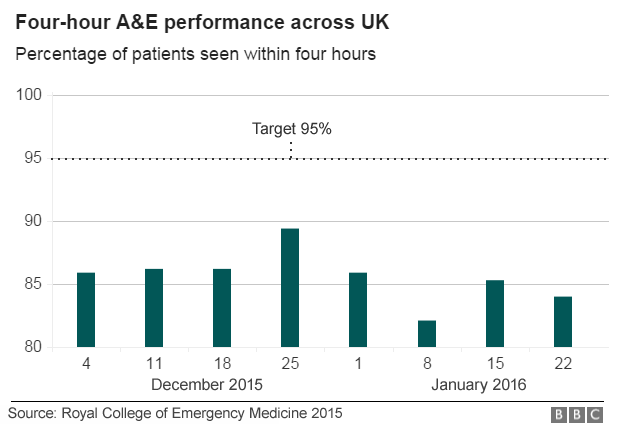
NHS England warned the pressures would last to the spring.
Among the problems reported were:
Coventry University Hospital cancelling all its routine operations on Wednesday and for part of Thursday because of "exceptional" circumstances.
GPs in north London being told to try to avoid referring patients to emergency departments in Ealing and Northwick Park because of "very high pressure"
A double-sized ambulance having to be parked outside Leicester Royal Infirmary last weekend as A&E staff were struggling to cope with the numbers of patients being brought in. Bosses even discussed setting up a temporary treatment area in a tent.
Royal Cornwall Hospital spending a week on black alert - a sign of extreme pressure - which led to routine operations being cancelled each day to free up resources. The black alert status was lifted only on Thursday.
Portsmouth Hospitals NHS Trust also spending time on black alert this week after "exceptional numbers of very sick, frail and elderly patients" needed care.
Last weekend NHS 111 seeing a "huge rise" in calls - up by more than a quarter on the same weekend the year before
A snapshot poll of major UK A&E units by the Royal College of Emergency Medicine suggesting during the first three weeks of January between 80% to 85% of patients were seen in four hours - well below the 95% target

The NHS in winter: Want to know more?

Special report page:, external For the latest news, analysis and video
Winter across the UK: A guide to how the NHS is coping
Video: Why hospitals are under so much pressure
Video: How a hospital can grind to a halt

Coventry University Hospital's chief executive, Andy Hardy, said this week had been "incredibly difficult".
"I would like to apologise to any patients who have been affected."
The pressures built during Tuesday when more than 500 patients turned up at A&E, leading to the unprecedented step of cancelling all the routine operations, such as knee and hip replacements, that had been planned for Wednesday and Thursday.
Mr Hardy said the trust had large numbers of patients in the hospital who did not need to be there but could not be discharged because there were "no spaces" in the community.
Leicester's clinical director for emergency medicine Dr Ian Lawrence said the numbers coming in had "rocketed" since the start of January.
"Almost every bed in our three hospitals is being used and many staff members have voluntarily done extra shifts to help out," he added.
Dr Cliff Mann, president of the Royal College of Emergency Medicine, said the NHS was reaching a "critical point" in winter.
"We were beginning to think this winter would not be as bad as last winter, but the problems we are beginning to see suggest it could end up being worse.
"We have virtually no flu or norovirus [a vomiting bug which leads to mass ward closures] - if there was to be an outbreak of either we could see the whole system tip over."
NHS England's Richard Barker said the recent bad weather was likely to have contributed to the "sharp rise" in A&E visits.
"The pressures remain very real. We don't expect those to abate in the run-up to spring," he added.
Elsewhere in the UK significant problems have been reported - last week doctors in Wales warned A&E was "on the edge".
- Published26 December 2015
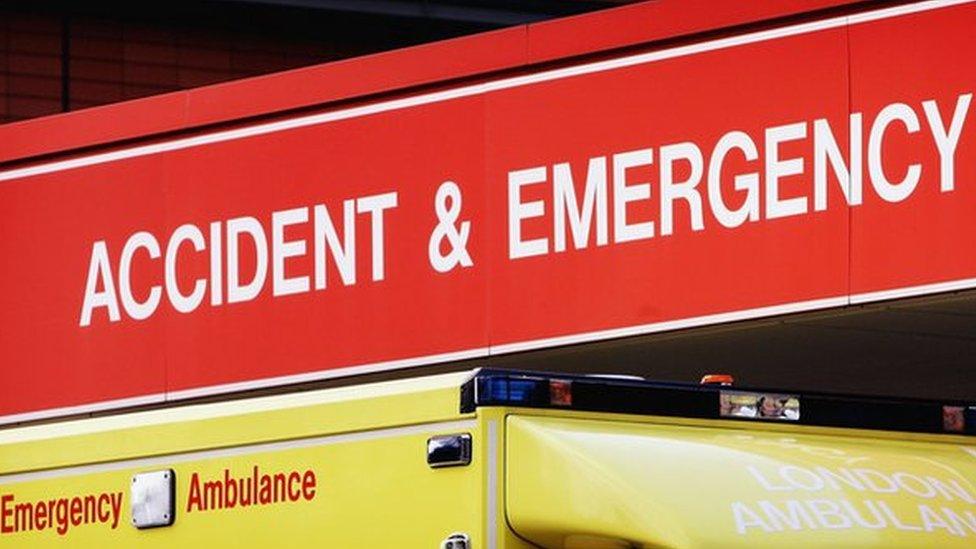
- Published29 January 2016

- Published10 December 2015
- Published9 December 2015
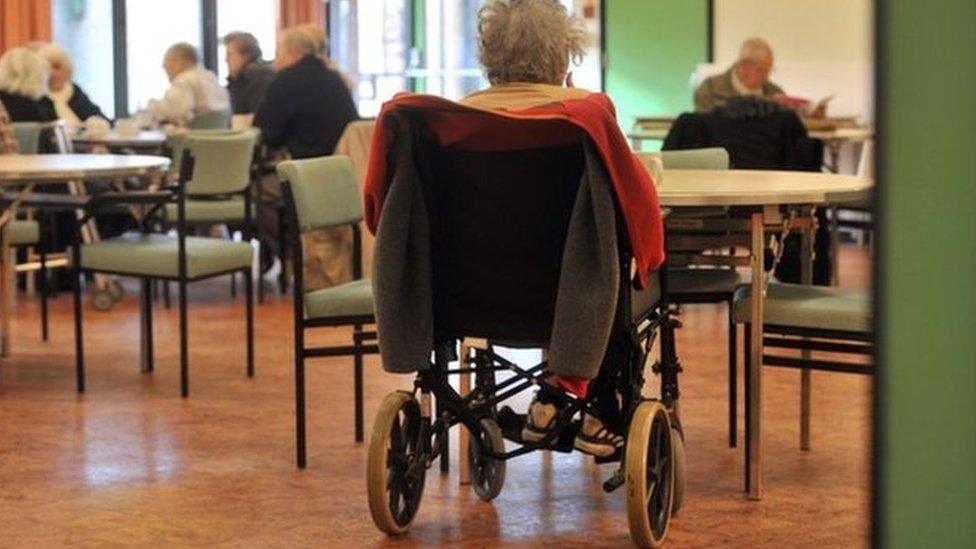
- Published27 November 2015
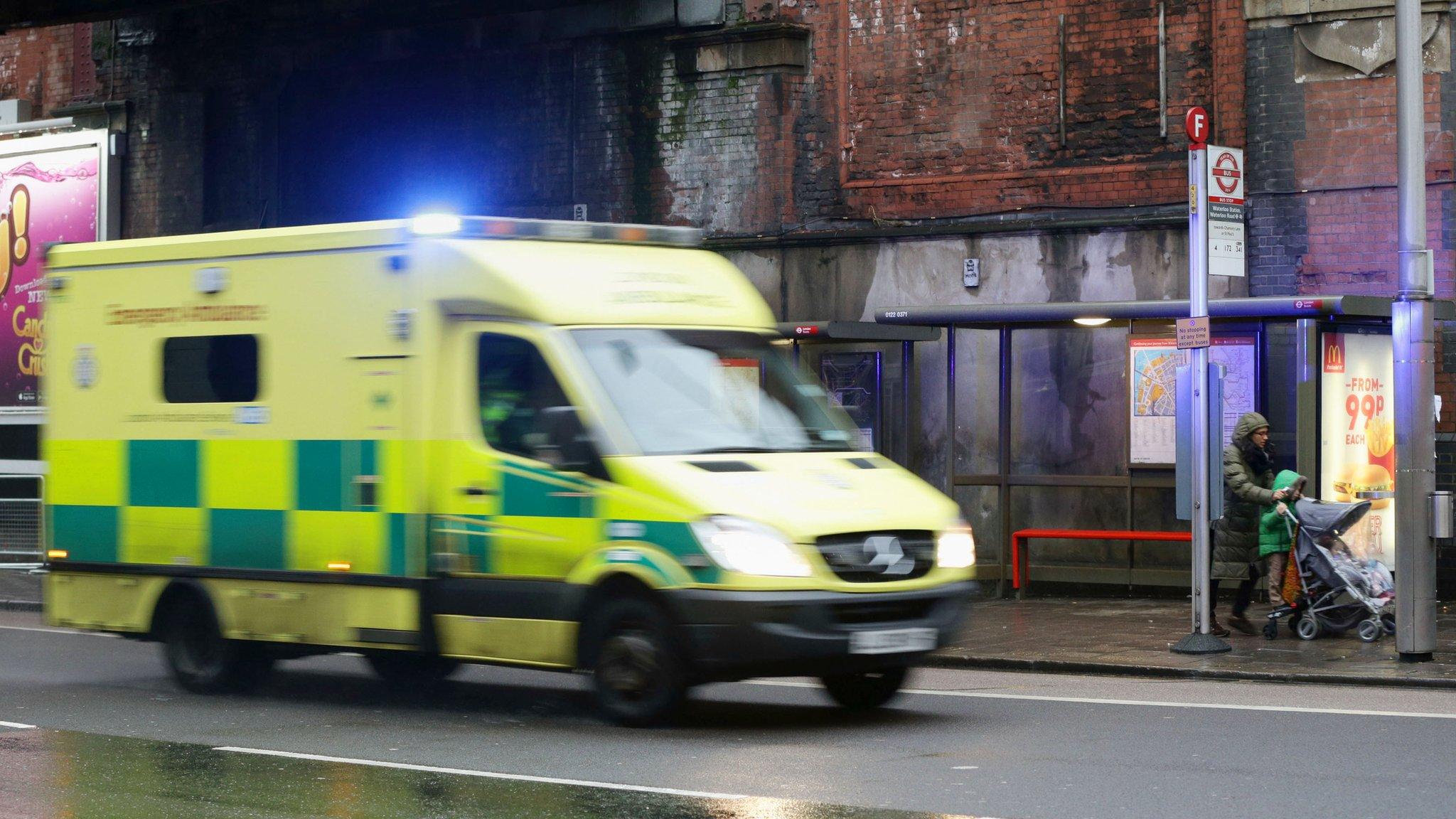
- Published25 November 2015
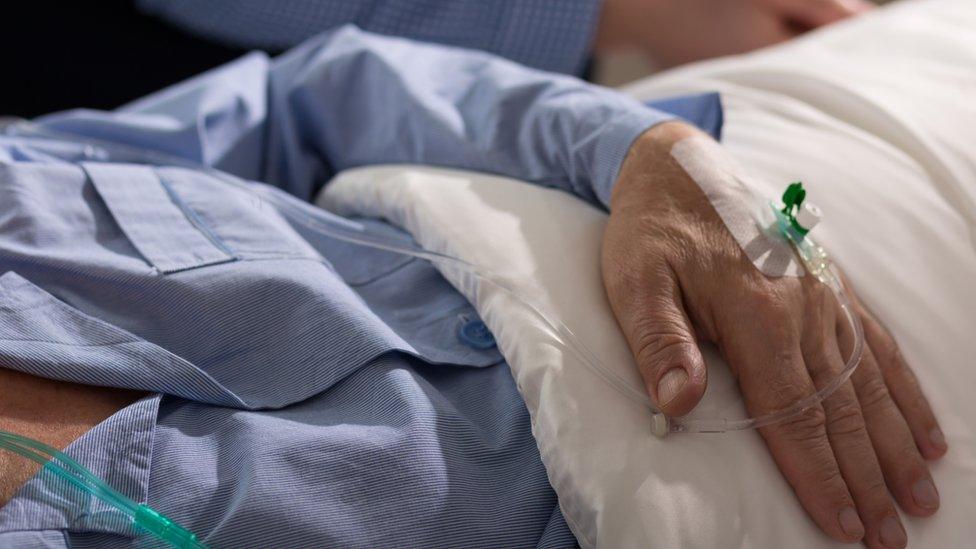
- Published12 November 2015

- Published12 November 2015
- Published9 October 2015
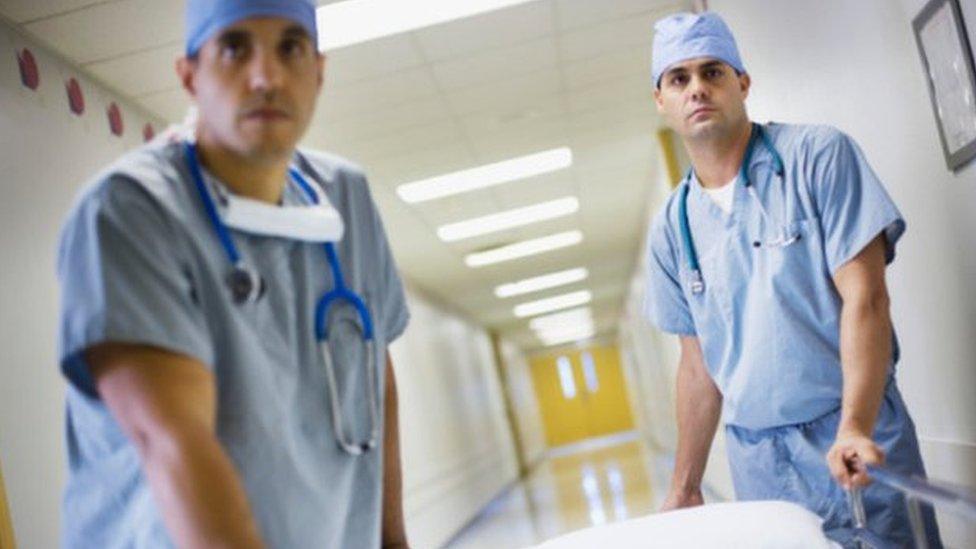
- Published9 October 2015